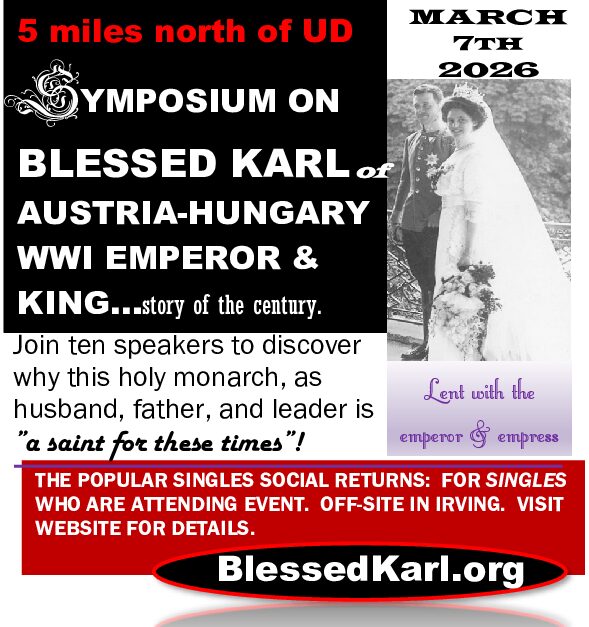A philosophic critique of America’s “Founding Principles”
Last week I discussed how the classical liberalism of the American founders is contrary to the Catholic faith. This week I hope to broaden the critique by showing that this philosophy is contrary to the Western Intellectual Tradition and natural law itself.
The nature of classical liberalism can best be understood as part of a distinctly modern attitude of opposition towards natural hierarchy and authority. We moderns tend to see social hierarchies and unchosen authorities as unnatural and oppressive constructs. In reality, however, the inherently political nature of man is written all over the book of nature.
Most of us know that man is naturally a social animal. None of us, no matter how introverted or socially inept, can truly be happy in isolation. Classical liberalism, however, claims that man’s social nature need not involve authority or hierarchy. Society does not necessarily imply government.
A closer look, however, shows our nature to be inherently political. As Aristotle notes, some animals are naturally political, like bees and herd animals. As scientists, we can see that the hierarchy in a beehive is natural. We likewise understand that the social structures of a pack of wolves are a part of the nature of wolves, even though wolves lack the clear, physical differentiation of the queen, the worker and the drone bees.
Likewise, when we look at how men everywhere live, we see societies with structures of authority. Why then can we human beings claim the unique ability to treat our social hierarchies as unnatural and dispensable? Why should human social structures repress our true selves or entrap us in falsehood, unlike their role in all other social animals on the planet?
Perhaps human reason makes social structures unnecessary? On the contrary, our reason is why we need authority.
A mere animal acts instinctively, so its relationships operate only through emotion, at best. Because man is rational, his society operates with reason and free will.
Law, as Aquinas says, is simply a rule of right reason. Any society made up of free persons working towards a good needs laws to direct people toward that good. Persons cannot rely on the interior guidance of instinct to tell them what to do. Since the end of a civil society is the common good, it inherently requires lawgivers who can determine how to work out the common good in particular situations.
The fundamental classical liberal claim that man is by nature free of all political authority is therefore wholly contrary to the natural law. Classical liberalism’s other principal claim, that the ultimate end of government is to secure natural rights, is likewise unnatural. In fact, in their articulation of this principle, the American Founders and their fellow classical liberals redefined human nature itself.
In order to reduce the end of government to natural rights, classical liberalism reduces the entire natural law to natural rights. For classical liberals like Locke and the Founders, the “state of nature” is a state where each man is under only “natural law.” Governments are instituted because mere individuals are unable to securely enforce this natural law.
The end, therefore, of government is the enforcement of natural law. Yet this end is limited to the protection of natural rights. In other words, this natural law is reducible to natural rights.
This reduction of natural law to a duty to respect individual rights denies the possibility of a teleological human nature. Natural law, after all, is the law written into our nature. It is what our nature requires of us.
To say that natural law is directed merely to the protection of rights is to say that the end of human nature consists merely of conditions wherein the rights of all are protected. In fact, Thomas West, an ardent defender of the Founders, describes such an ideal natural state as the “standard for political life.” Thus, in a certain sense, one could say their government was aimed at bringing the citizens to the fulfillment of their nature.
Yet this “fulfillment” is nothing but the conditions that allow individuals to seek happiness. Human nature is left incapable of providing us with a guide to happiness. Instead of happiness being the fulfillment of our nature, it becomes something we must arbitrarily come up with for ourselves. Our vast tradition of natural law is thus stripped down to a means toward a relativistic “pursuit of happiness.”
Today, we live in a world stuck in this rut of relativism. People are looking for a guide for their pursuit of happiness. It will remain out of reach, however, until we let go of the Founders’ reductive view of government and aversion to true authority.
William Saylor is a junior politics major and a Junior Senator for Student Government.

